Harlan K. Ullman - A Handful of Bullets: How the Murder of Archduke Franz Ferdinand Still Menaces the Peace
Here you can read online Harlan K. Ullman - A Handful of Bullets: How the Murder of Archduke Franz Ferdinand Still Menaces the Peace full text of the book (entire story) in english for free. Download pdf and epub, get meaning, cover and reviews about this ebook. year: 2014, publisher: Naval Institute Press, genre: Politics. Description of the work, (preface) as well as reviews are available. Best literature library LitArk.com created for fans of good reading and offers a wide selection of genres:
Romance novel
Science fiction
Adventure
Detective
Science
History
Home and family
Prose
Art
Politics
Computer
Non-fiction
Religion
Business
Children
Humor
Choose a favorite category and find really read worthwhile books. Enjoy immersion in the world of imagination, feel the emotions of the characters or learn something new for yourself, make an fascinating discovery.

- Book:A Handful of Bullets: How the Murder of Archduke Franz Ferdinand Still Menaces the Peace
- Author:
- Publisher:Naval Institute Press
- Genre:
- Year:2014
- Rating:4 / 5
- Favourites:Add to favourites
- Your mark:
A Handful of Bullets: How the Murder of Archduke Franz Ferdinand Still Menaces the Peace: summary, description and annotation
We offer to read an annotation, description, summary or preface (depends on what the author of the book "A Handful of Bullets: How the Murder of Archduke Franz Ferdinand Still Menaces the Peace" wrote himself). If you haven't found the necessary information about the book — write in the comments, we will try to find it.
The Great War or the War to end all Wars as promised by President Woodrow Wilson was neither great nor ultimately conclusive. Precipitated by the assassination of the Austro-Hungarian Archduke Franz Ferdinand and his wife in the streets of Sarajevo on June 28th, 1914, World War I demolished the order established by the Concert of Vienna, an order that had maintained the peace in Europe for almost a century. The ensuing carnage laid the foundations for a second world war and the cold war that followed.
World War I also left in its catastrophic wake three transformational legacies that remain largely unnoticed today. These legacies have provoked and will provoke massive and even tectonic change to the international order. But containing, mitigating, and preventing these disruptions from exploding into major crises will prove no less difficult a challenge than did restraining the forces that ignited the chaos and violence of the last century.
The first legacy would create an excess of potential archdukes and an abundance of bullets any combination of which could detonate a regional or global crisis. The second began the unraveling of the Westphalian system of state-centric politics in place since 1648. And the third was to seat Four New Horsemen of the Apocalypse as the major threats and challenges to global peace and prosperity.
In a sentence, these legacies would make Osama bin Laden into a modern day version of Gavrilo Princip, the Archdukes assassin. They threaten to turn September 11th 2001 into a June 28th 1914 like event, but in many different and frightening ways. Instead of using a Beretta 9-mm pistol, bin Laden crashed three airliners into New Yorks Twin Towers and the Pentagon in Washington, D.C., starting a global war on terror.
This book tells this story.
Unfortunately, our current strategic mindset to deal with the twenty-first century threats remains firmly anchored in the past. That mindset must change if aspirations for peace and prosperity are to be met with decisive and effective actions.
Harlan K. Ullman: author's other books
Who wrote A Handful of Bullets: How the Murder of Archduke Franz Ferdinand Still Menaces the Peace? Find out the surname, the name of the author of the book and a list of all author's works by series.

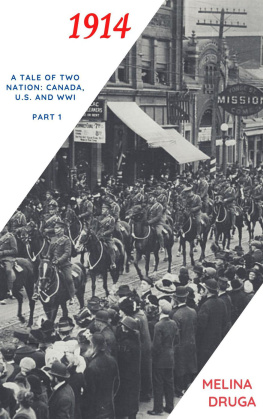
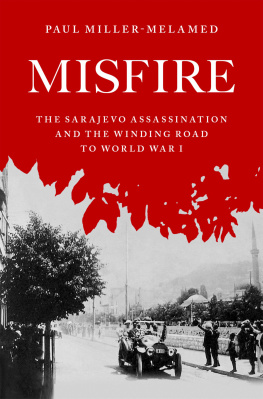
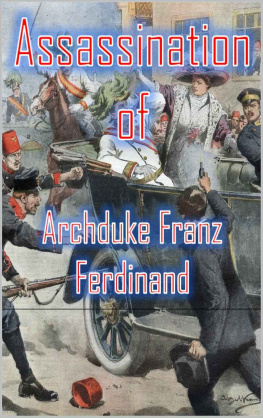
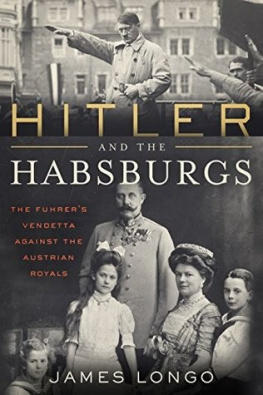
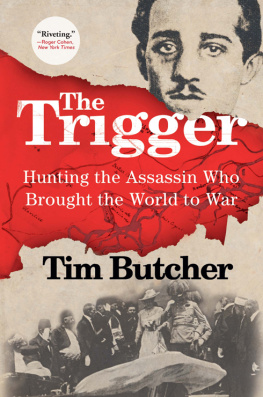
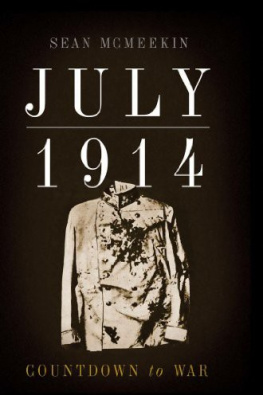


 Print editions meet the requirements of ANSI/NISO z39.48-1992 (Permanence of Paper).
Print editions meet the requirements of ANSI/NISO z39.48-1992 (Permanence of Paper).